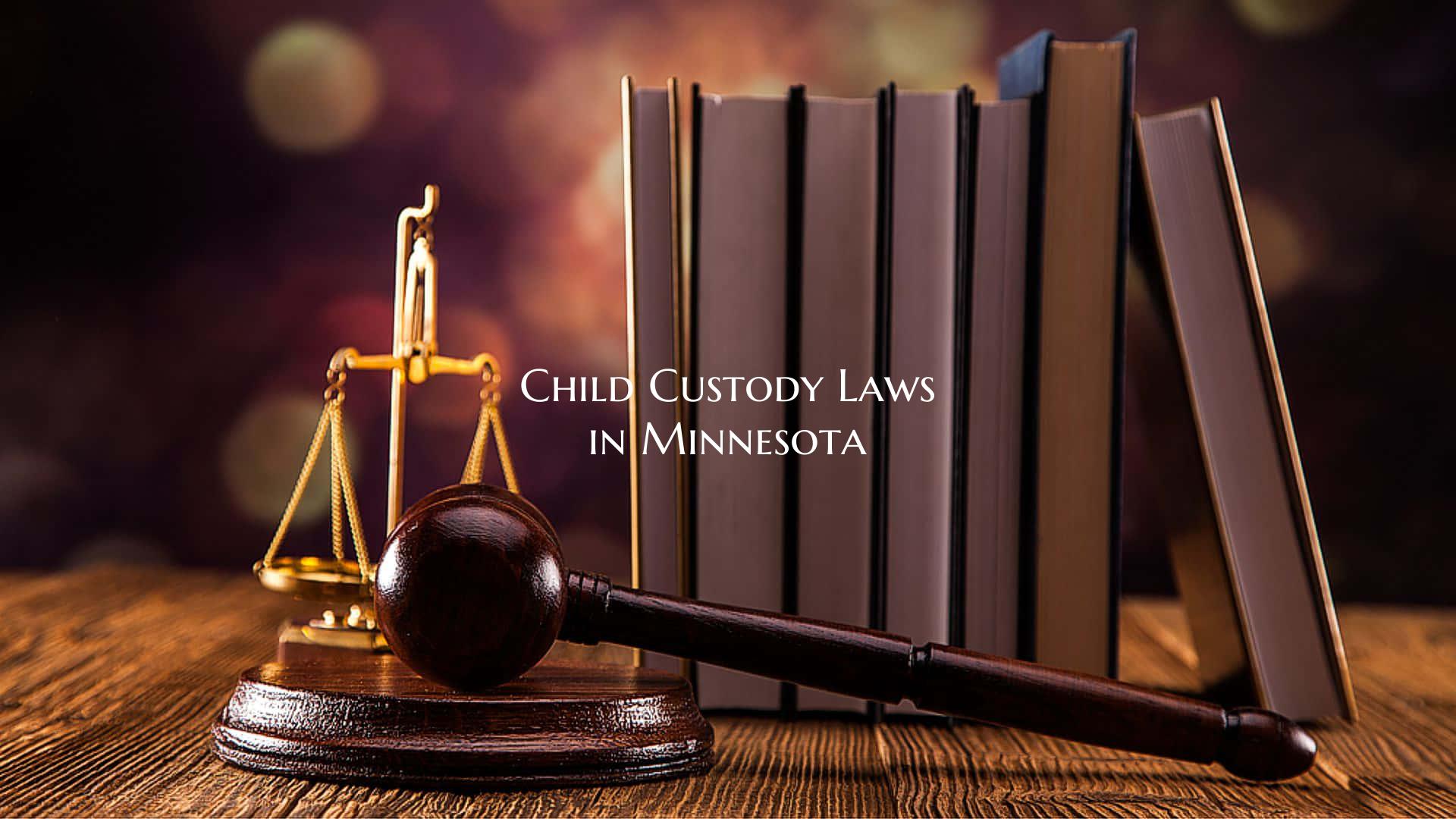
Child Custody Laws in Minnesota
Child Custody Laws in Minnesota
Child custody matters are handled with great care and consideration in the state of Minnesota. In the event of a divorce or separation where the parties involved cannot agree on custody arrangements for their children, the court steps in to make decisions that are in the best interest of the child.
In Minnesota, the court considers various factors when determining child custody, including the child's physical and emotional needs, the ability of each parent to provide for these needs, the child's relationship with each parent, and any history of domestic violence or abuse within the family.
There are two types of custody arrangements recognized in Minnesota: physical custody and legal custody. Physical custody refers to where the child will live, while legal custody refers to the right to make decisions about the child's upbringing, such as education, healthcare, and religious upbringing.
Parents can have either joint or sole custody of their child. Joint custody means that both parents share responsibility for the child, while sole custody grants one parent the primary physical and legal responsibility for the child.
When determining custody, the court may also consider the child's preference, especially if the child is mature enough to express a reasoned opinion. However, the ultimate decision is based on the child's best interests rather than the preferences of the parents or the child.
It is important for parents in Minnesota to familiarize themselves with the child custody laws and seek legal advice to navigate the complexities of the process. By understanding their rights and responsibilities, parents can work towards reaching a custody arrangement that is favorable for both the parents and, most importantly, in the best interest of the child.
